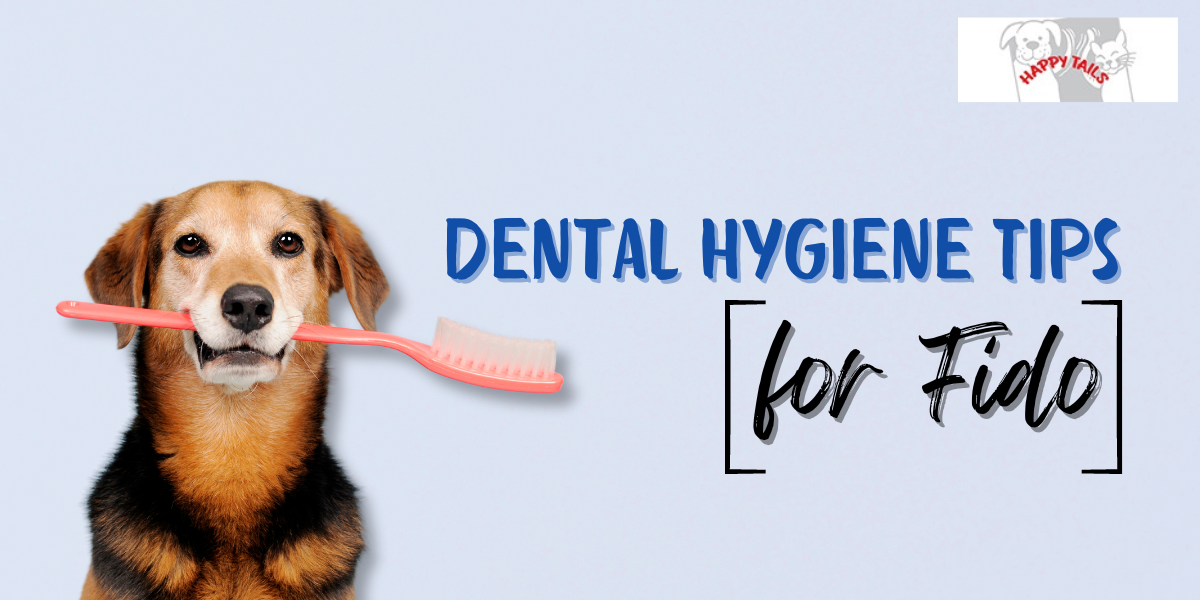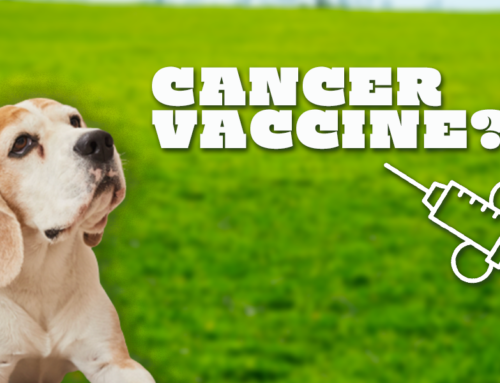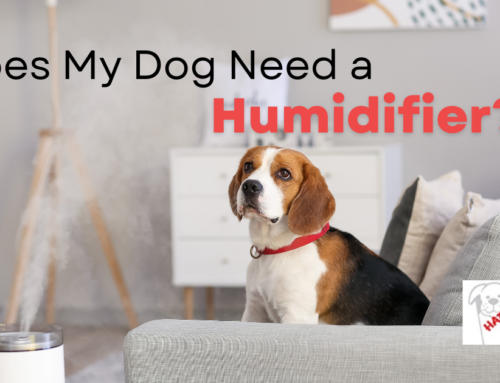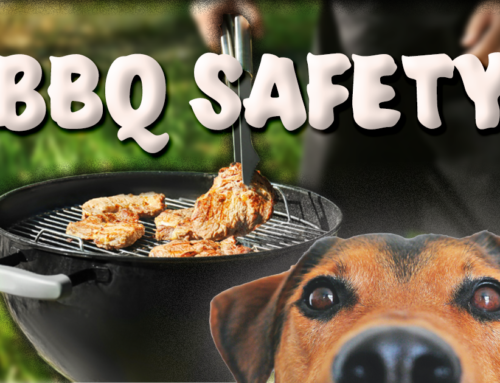Dental hygiene for your pup goes deeper than just curing bad breath; without proper care, dogs can develop serious dental problems such as oral disease and tooth decay. Dental disease begins early for dogs, so it’s never too soon to start taking your pup’s dental hygiene seriously. Early signs may include bad breath and tartar buildup on teeth, but dental disease can develop into far more severe problems and pain. Common dental issues in dogs include broken teeth and roots, mouth tumors, infected or abscessed teeth, or misalignment.
By adulthood, many dogs experience some form of dental issues. Chronic pain from dental disease can often go unnoticed, which is why prevention of tooth and gum disease is key. Below are the top vet-recommended tips for maintaining proper dog dental hygiene and health.
Brush Your Dog’s Teeth
Perhaps the most obvious way to promote good dental health for your furry friend is brushing their teeth. However, several factors go into properly brushing Fido’s teeth. First, dog owners need to select the right toothbrush. Owners of large dogs can typically use a standard human toothbrush. If you own a small dog, you should purchase a baby toothbrush or a fingertip brush for your pup. If your pup isn’t cooperating with the toothbrush you’re using, consider purchasing one that’s specifically designed for canines. Dog toothbrushes often have softer bristles that are angled superficially to suit a dog’s bone structure, so they’ll be more comfortable for your pup’s mouth.
Once you’ve selected a toothbrush for your pup, practice brushing their teeth properly. After wetting the toothbrush and adding a small amount of dog toothpaste, gently work the brush throughout Fido’s mouth in circular motions. Experts recommend focusing on the outer surfaces of canines’ teeth since this is where plaque tends to accumulate. Ensure the toothbrush also reaches Fido’s back teeth since this area is prone to tartar buildup. You should brush your dog’s teeth at least 2-3 times a week, but daily brushing is even better.
Find a Good Toothpaste
In addition to choosing the right toothbrush, picking a good canine toothpaste is also important. Never brush your dog’s teeth with human toothpaste since it contains chemicals that can be harmful if ingested by your pup. Instead, choose a toothpaste that’s specifically formulated for a dog’s mouth and stomach. Although dog toothpaste contains different ingredients, they are still packed with ones that fight any bad bacteria in your dog’s mouth. Since canine toothpaste is designed to be safely swallowed, you don’t need to rinse your pup’s mouth out after brushing their teeth.
Dog toothpaste also comes in a variety of appealing flavors, such as chicken, beef, and peanut butter. Many food-motivated pups look forward to getting their teeth brushed since these yummy flavors appeal to their taste buds. If your furry friend has any food allergies or sensitivities, keep these in mind when looking for canine toothpaste flavors. The Virbac C.E.T. Enzymatic Toothpaste is a highly rated and vet-recommended canine toothpaste option. It comes in three flavors: poultry, beef, and vanilla mint. The Virbac toothpaste freshens bad breath, reduces plaque, and is an affordable option.
Give Fido Dental Chews
Dental chews are a beneficial addition to consider incorporating into your pup’s dental hygiene routine. Effective canine dental chews can support toothbrushing by reducing plaque and tartar buildup. These are also often a tasty treat that your pup will enjoy since they come in many delicious flavors. Additionally, dental chews create a protective barrier around teeth that protects them from the bacteria that form tartar. When picking a dental chew for your pup, select a brand with the Veterinary Oral Health Council’s Seal of Acceptance on the packaging. This seal ensures you’re picking a brand that’s proven to control tartar buildup.
Consider Water Additives
Dog water additives are another good option for promoting good oral health. There are a variety of reasonably priced water additives available. These additives can added to your pup’s water daily and will likely go unnoticed since they’re tasteless. These solutions contain enzymes and other beneficial ingredients that freshen bad doggie breath, combat bacteria buildup, and prevent plaque.
An important thing to keep in mind when using water additives is that they’re meant to complement regular toothbrushing, not replace it. Water additives will improve your pup’s dental hygiene but shouldn’t replace regular cleanings with a toothbrush and toothpaste.
Have Regular Vet Visits
No amount of at-home treatments can replace regular dental check-ups from a veterinarian. Even with regular at-home care, dogs will still have tartar buildup on their teeth. Vets can perform dental cleanings as needed and monitor your pup’s teeth for decay or disease. When they notice enough buildup of tartar or gingivitis, they’ll recommend a dental cleaning appointment so that they can properly clean your dog’s teeth of all buildup. The length of time between these appointments depends on the level of at-home care and the dog’s overall dental health, which can be impacted by their breed. In addition, the earlier dental disease is noticed, the better. Discovering dental issues early is the best way to prevent your dog’s condition from worsening and causing chronic pain.
Regular at-home dental care and professional cleanings are key to ensuring your pup has a healthy smile. Taking care of your furry friend’s dental hygiene is essential. With these tips and the help of your veterinarian, you should be able to keep Fido’s teeth in great shape.






